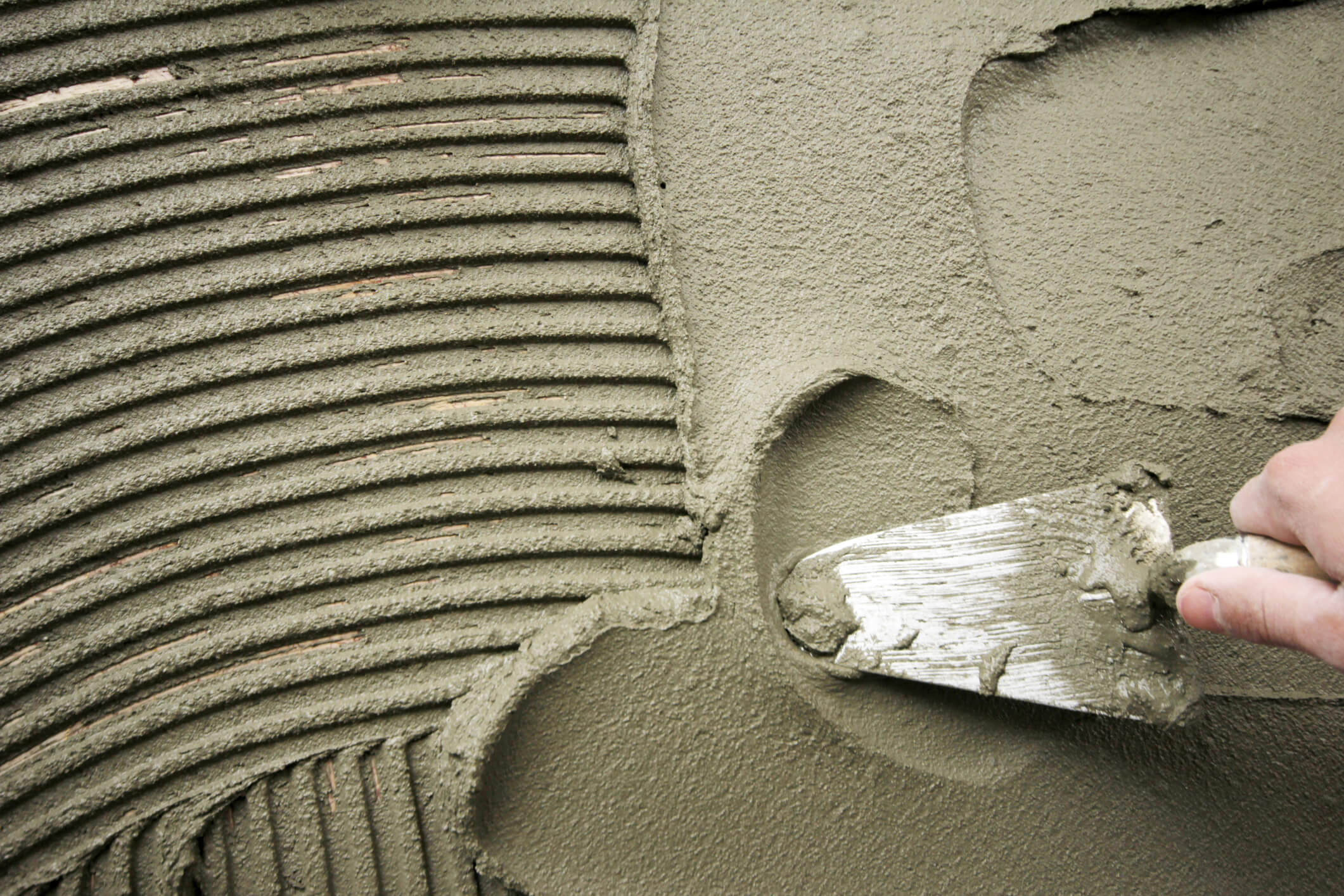COMMERCIAL CONCRETE VS. RESIDENTIAL CONCRETE

Installing concrete in commercial and residential settings calls for different processes and considerations. Both residential and commercial projects can include structures like concrete floors, concrete patios, foundation repair, concrete walls and concrete countertops.
Overview of Residential Concrete
Residential buildings are much smaller than commercial and industrial buildings, and they are rarely subject to heavy vehicles and machinery. Homeowners tend to treat their properties with more caution to avoid costly repairs, so the concrete does not have to be as durable as it would need to be for a commercial property.
Overview of Commercial Concrete
Commercial concrete withstands hefty loads on a daily basis. Besides standing up to large machinery and heavy vehicles, commercial and industrial buildings are much larger than residential buildings, often with multiple stories. Industrial and commercial structures require high-performance concrete and additional reinforcements, such as post-tension slabs and steel cables.
The Difference Between Residential and Commercial Concrete
Regardless of its application, concrete always includes cement, water and aggregate. However, commercial-grade concrete uses high-strength cement and less water and aggregate for extra durability. Beyond the mixture’s contents, builders use more concrete to construct commercial and industrial buildings. Residential concrete usually has a thickness of 4 to 5 inches compared to commercial concrete, which is 6 to 7 inches thick.
Another difference between concrete and residential concrete lies in the structural reinforcements. Residential buildings generally have wood framing to reinforce the structure, while commercial and industrial facilities use wood and steel. Commercial contractors also apply specialized concrete coatings to ensure the concrete withstands frequent foot traffic and heavy weights.
Residential Concrete Purposes
Residential buildings only house a few people, so the demands placed on those structures are much lower. There are many benefits of using concrete for residential projects, including cost-efficiency and versatility. Contractors use concrete for the foundations, roofs, barrier walls and floors because its insulation properties are useful in maintaining energy efficiency.
Commercial Concrete Purposes
Commercial concrete is highly suitable for large warehouses, multi-story buildings and industrial plants. Besides being able to withstand weighty loads, commercial concrete holds up against the constant motion of people, machines, vehicles and large doors. Commercial concrete can even tolerate radioactive materials in nuclear power plants.
Work With R. J. Potteiger Construction Services, Inc. for Your Concrete Needs
Do you need commercial-grade concrete for your next construction project? R. J. Potteiger Construction Services, Inc. supplies heavy-duty structural concrete and other construction services. We can be your go-to supplier for all your residential or commercial concrete-related needs. If you would like to learn more about our services or request a quote, fill out our online contact form today.

To learn more about how R.J. Potteiger Construction Services, Inc. can help you with your residential and commercial construction projects, visit our concrete services page or fill out a contact form online!



